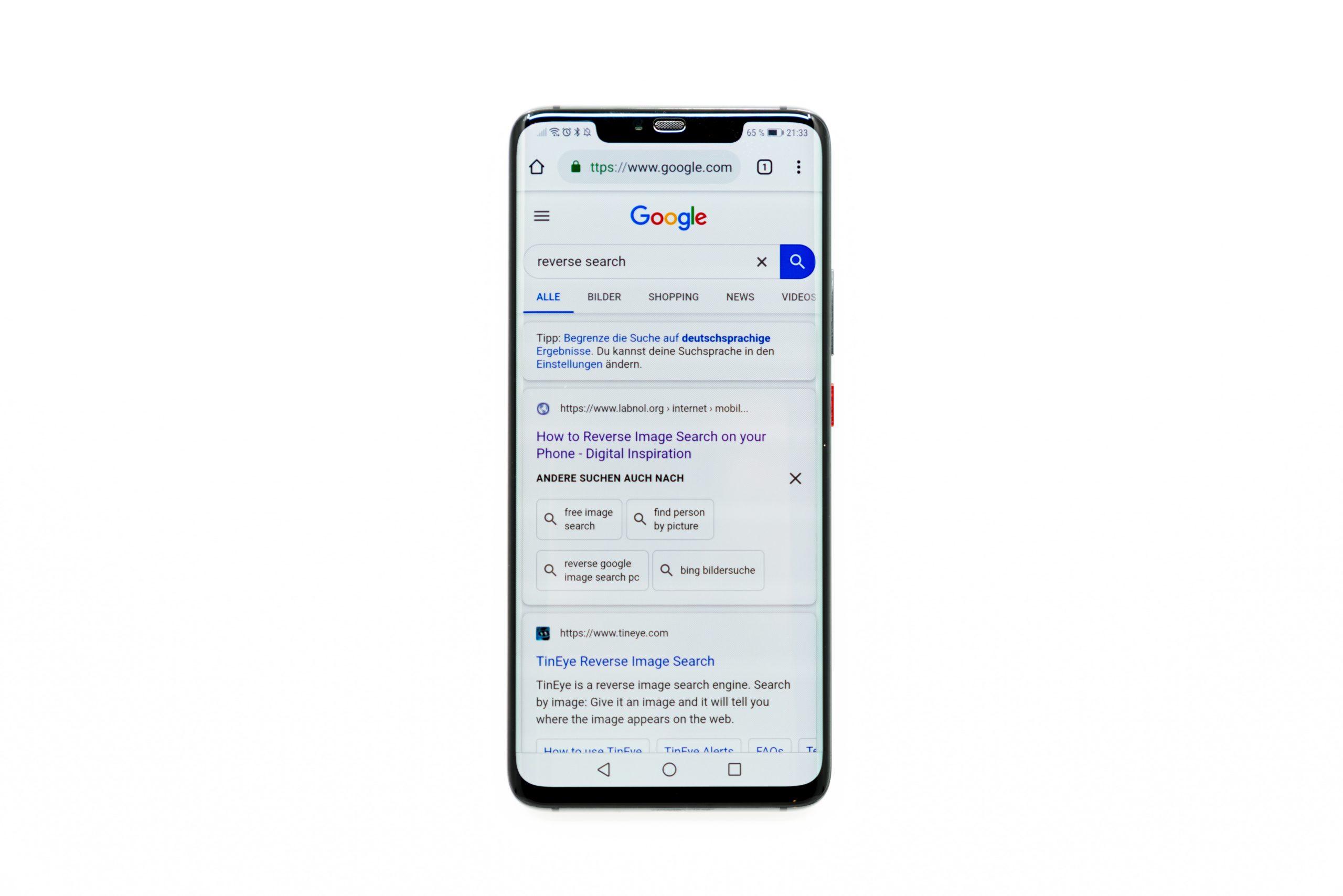

Quick Links
Quick Links
Meta keywords have been around for a while. For a long time, they were an SEO best practice used to help websites rank high in the SERPs. But are they still relevant in today’s digital landscape?
In this blog, we’ll talk about whether or not they are important for your SEO strategy in 2020. Let’s get started!
Understanding Meta Keywords
Meta keywords are a type of HTML <meta> tag that communicates to search engine crawlers what a web page is about. It was initially designed in 1995 and was used heavily by old search engines as a ranking factor.
Unlike normal keywords, these are not displayed prominently on web pages. Instead, you can find them in source codes and are written like this:
<meta name=”keywords” content=”seo, search engine optimization, search engine optimization, search engine ranking”>
The basic idea surrounding meta keywords was simple. Webmasters would populate the meta keywords tag with the keywords they wanted to rank for. It also told search engines which keywords were most relevant to the content of a given web page.
The Fall of Meta Keywords
In the early 1990s and early 2000s, meta keywords were used responsibly by webmasters. However, with competition for page ranking getting stiffer and stiffer, the SEO industry began to abuse and misuse the meta keyword tag.
Black Hat SEO practices such as keyword stuffing started becoming the norm to dominate the search engine ranking pages (SERPs).
SEOs would load the meta keyword field with keyword phrases that were only roughly relevant to a page’s content. Some would use up to 50 of these keyword phrases just to increase their chances of ranking high in the SERPs.
Furthermore, some SEO practitioners would also use completely irrelevant but high-volume keywords to pad organic traffic statistics.
This was usually done by SEOs to take advantage of any lapses in search engine algorithms. Others argued that this was simply a way to take full advantage of the opportunity to cover as many legitimate keywords as possible.
This misuse and overuse led to the tag’s inability to provide meaningful ranking data and in 2009, Google announced that it would no longer be using the keyword meta tag in its web search ranking.
Other search engines have also refined their search engine algorithms well enough to the point where the keyword tag is no longer needed. They could interpret what a web page is about without relying on these HTML tags which means their search results were far more relevant to its users.
Furthermore, search engines use other factors to accurately determine page rank.
Should You Use Meta Keywords in 2020?
To put it simply, using meta keywords to improve your search website’s search ranking is no longer as important as it once was.
Search engines simply don’t rely on them anymore. Google and Yahoo ignore them and instead uses other factors to determine search ranking. Meanwhile, Bing only ever uses meta keywords as a spam signal. If your specific meta keywords don’t appear in your document then your site will be penalized.
There are, however, still uses for meta keywords that are not related to SEO. For starters, they may be useful if your CMS uses meta keywords for internal search. A search engine integrated into your website can access saved keywords whenever a search query is made. Furthermore, the saved keywords can also be stored in the backend.
If Meta Keywords Aren’t Critical to your SEO Success, What Should You Focus on Instead?
Unlike meta keywords, other kinds of meta tags are useful determining page rank in major search engines like Google, Yahoo, and even Bing. Here are four meta tags you should focus on for better SEO:
Title Tags
The title tag is one of the most important SEO elements because it not only gives search engines a big clue as to what a page is about but it also appears on the first line of search snippets, in the tab title in browsers, and is used as the title of a post whenever a page is shared on social media. Furthermore, all browsers support the Title element.
Title tags appear this way in your code:
<head>
<title>Sample Title</title>
</head>
Some useful tips for writing title tags include:
- Use less than 60 characters since Google typically shows only 55 to 64 characters.
- Add modifiers to your title tag
- Embed long-tail keywords in title tags
- Start your title tags with your main targeted keyword
- Avoid keyword stuffing
- Use a unique title tag for every web page
Meta Descriptions
A meta description summarizes your web page and is usually shown below the title tag. It appears like this in your code:
<head>
<meta name=”description” content=”This is a meta description sample. It gives a summary of a webpage.”>
</head>
A compelling meta description encourages users to click on a search snippet which helps increase click-through rates. Furthermore, search engines tend to highlight search terms appearing in the meta description tag making it more relevant to users and leading to more clicks. While it is an indirect SEO factor and Google is not using it as a ranking signal, it is quickly gaining importance over the last few years.
Here are some tips for writing excellent meta descriptions for your pages:
- Don’t worry about character length too much. Google sometimes pull meta description text from your content based on a user’s query anyway.
- Use clear calls-to-action especially for marketing campaigns.
- Avoid duplicating meta descriptions. Every page on your website should have a unique meta description.
- Write in a way that encourages users to click on your web page using specific and relevant content.
- Show empathy in your meta descriptions.
- Use this space to offer discounts, offers, and solutions to a problem your customers need help with.

Robots Meta Tags
Robots meta tags instruct search engines on how the particular page should be treated when it comes to search. They are an integral part of technical SEO where pages are optimized for the crawling phase.
They are important for SEO because if they are misconfigured, web pages might not be indexed by search engines which can lead to no rankings or traffic. It has four main values including:
- FOLLOW –The search engine crawler will follow all the links in that web page
- INDEX –The search engine crawler will index the whole web page
- NOFOLLOW – The search engine crawler will NOT follow the page and any links in that web page
- NOINDEX – The search engine crawler will NOT index that web page
Alternative (Alt) Text Tag
Alt text tags are important especially if your webpages are image-heavy. Search engines cannot read images since they are text-reliant. Adding proper alt text to images lets search engines know that these images are relevant to your main keyword.
Furthermore, it helps improve the accessibility of your website and it can help search engines understand what is going on in your images.
When using images and alt text for them, be sure to remember these guidelines:
- Use informative file names for images used on your website
- Alt text should be clear and straight to the point
- Use images that are relevant to your google
- Create an image site map
- Use 50 to 55 characters in the alt text only. This adds up to 16 words.
- Use an optimal file size for images. It should be large enough to show up as high-quality images but small enough to improve the loading speed of your pages.
Final Words
Do you need help in boosting your website’s page rank? The freelancers at FreeUp might just be what you need!
If you’re a business owner with little to no experience in optimizing websites, don’t worry because there are experts you can help you out. You can outsource your SEO needs to reliable and vetted freelance SEO specialists at FreeUp.
You can hire a more experienced consultant who can take care of everything related to SEO or someone you can get up to speed to your preferences.
Simply create your account, submit a request, and you’ll be connected with highly skilled professionals who meet your needs.





